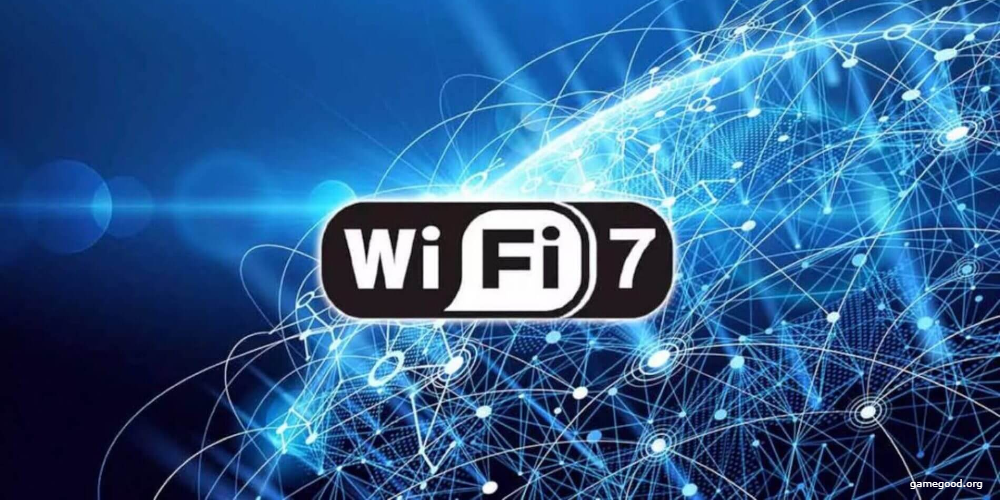Wi-Fi 7 Certification Kickstarts a New Era in Wireless Networking
Jan-10-2024

The dawn of a new wireless networking era has arrived, with the Wi-Fi Alliance initiating certifications for Wi-Fi 7 devices, setting the stage for widespread adoption of this advanced technology. With these developments, the next evolution of Wi-Fi is expected to deliver significant improvements in speed, reliability, and low-latency connections, much to the delight of the gaming community.
Boasting theoretical speeds surpassing 40 Gbit/s, Wi-Fi 7 has the potential to outpace the connection capabilities consumers have grown accustomed to with wired Ethernet. However, speed is not the only advantage that this new technology brings to the table. Wi-Fi 7 is engineered to manage a multitude of connections simultaneously with efficiency or maximize throughput for a solo connection. At its core, the Multi-Link Operation (MLO) stands out as a pivotal innovation, adeptly allocating various channels and frequencies to enhance performance, cut down on latency, and sidestep interference.
With the addition of the 6GHz band and broader 320MHz channel width, several devices ranging from desktops and smartphones to laptops can tap into the power of Wi-Fi 7 to perform bandwidth-heavy tasks such as streaming 4K content and incorporating AR and VR services without the need for wires.
While the headline-grabbing features of Wi-Fi 7 are fast speeds and its prowess in dealing with multiple devices, gamers in particular are poised to benefit from reduced latency. This improvement in Wi-Fi 7 is set to alleviate the common annoyances of network congestion and performance issues, offering a more satisfying online gaming experience. One subtle yet important feature that enhances Wi-Fi 7's efficiency is the 512 Compressed block-ack, devised to trim overhead costs. In addition, Triggered Uplink Access is tailored to bolster applications that demand low-latency operations.
Even before official certifications, pre-certified Wi-Fi 7 devices made an appearance. For example, Z790 refresh motherboards have been spotlighting the feature, and various manufacturers have unveiled routers ready for Wi-Fi 7's arrival. Users who keep their devices updated with the latest firmware and software can expect a smooth integration with certified Wi-Fi 7 gadgets.
Nonetheless, consumers are advised there's no need to hurry in upgrading to Wi-Fi 7. This technology promises to be a mainstay for the years ahead. Even with the arrival of Wi-Fi 7, Wi-Fi 6E routers still maintain a premium price, particularly those offering vast bandwidth. High-end Wi-Fi 7 routers are predicted to maintain premium pricing for some time. The silver lining, however, is backward compatibility, ensuring that existing Wi-Fi devices will continue to operate, though without the exclusive enhancements that Wi-Fi 7 brings along.







